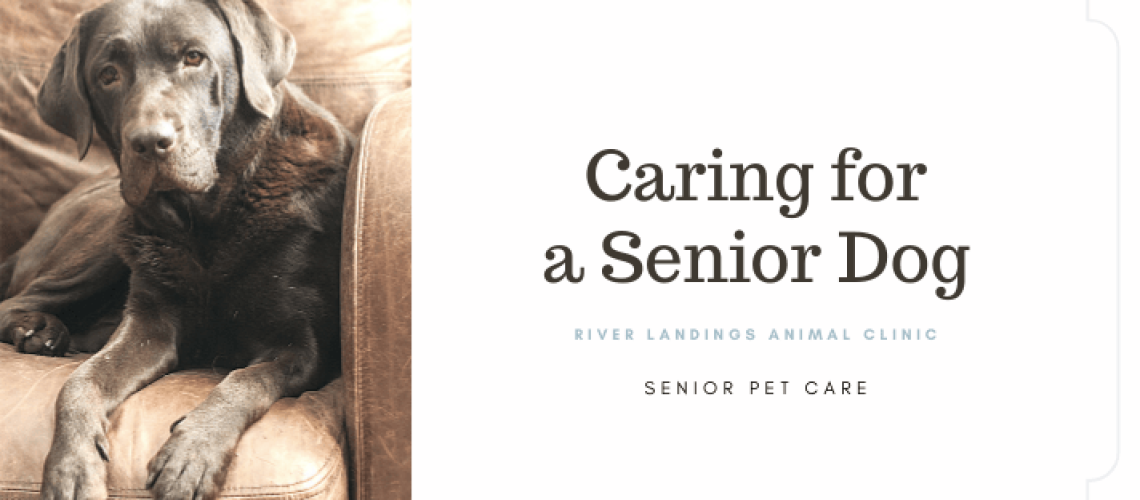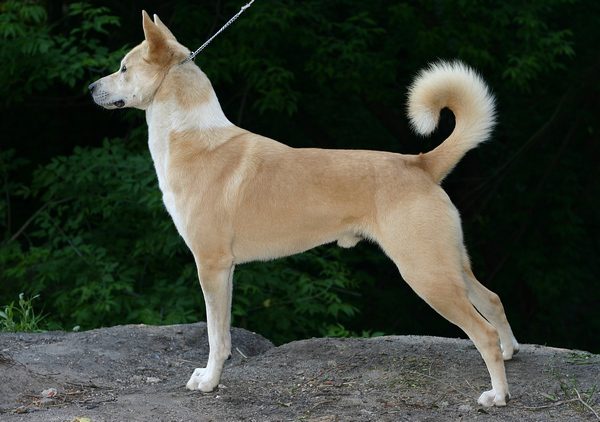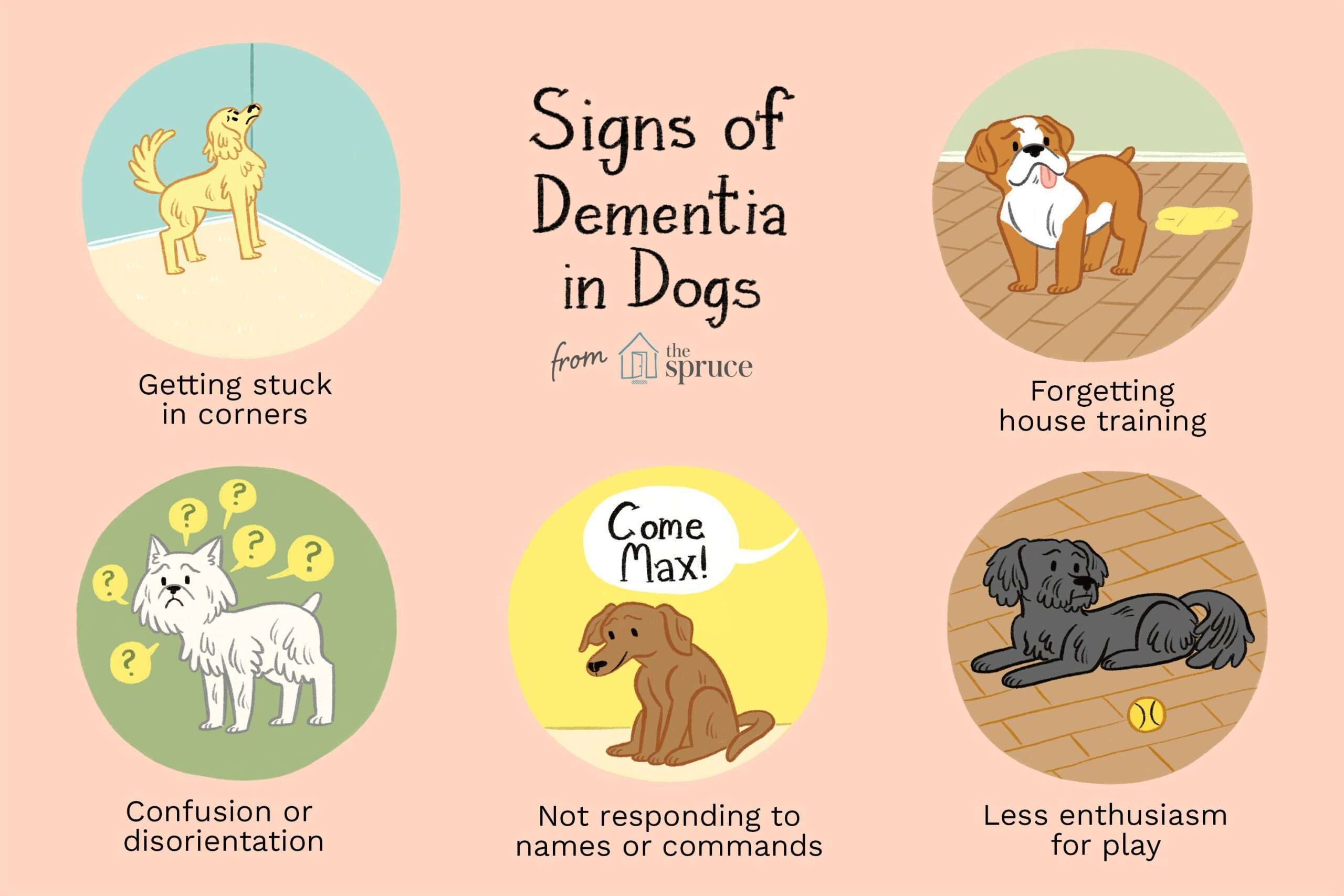Key Takeaways:
- Regular veterinary check-ups are essential for senior dogs to catch any health issues early on.
- Adjust their diet to meet their changing nutritional needs, including providing a balanced and age-appropriate diet.
- Keep them physically active with regular exercise tailored to their abilities, helping maintain muscle tone and joint health.
- Provide mental stimulation through interactive toys and puzzles to keep their minds sharp and prevent boredom.
- Create a comfortable environment by ensuring they have a cozy bed, easy access to water, and a warm spot during colder months.
Are you a dog lover? Do you have a furry friend who has been by your side for many years? If so, then this is the perfect topic for you! In this article, we will explore 10 invaluable tips for taking care of a senior dog. Now, you might be wondering why understanding this topic is essential. Well, did you know that around 20% of dogs in the United States are considered seniors? That's right, one-fifth of our beloved canine companions are entering their golden years. And just like humans, senior dogs require special care and attention to ensure they live happy and healthy lives. So, whether you're a new owner of an older pup or have had your faithful companion for years, delving into these tips will provide you with the knowledge and tools to give your senior dog the best possible care. Let's get started!
When to Start Taking Special Care of Your Senior Dog
As your dog gets older, it's important to start paying extra attention to their needs. You may notice that they are not as active as they used to be or that they have trouble getting up and down the stairs. These are signs that your dog is aging and may require some special care.
Ideally, you should start taking special care of your senior dog around the age of 7 or 8, depending on their breed and size. However, every dog is different, so it's essential to pay attention to their individual needs. If you notice any changes in their behavior or health, it's a good idea to consult with your veterinarian.
Signs that Your Dog is Getting Older and Needs Extra Attention
As dogs age, they may exhibit certain signs indicating that they need extra attention. Some common signs include:
- Decreased energy levels: Your once-active dog may become less enthusiastic about exercise and playtime.
- Joint stiffness: Arthritis is common in older dogs and can cause stiffness and difficulty moving.
- Tooth problems: Dental issues can become more prevalent as dogs age, leading to pain and difficulty eating.
- Weight gain or loss: Changes in appetite or metabolism can result in weight fluctuations.
If you notice any of these signs or other changes in your dog's behavior or health, it's essential to consult with your veterinarian for proper diagnosis and guidance on how to provide the best care for your aging furry friend.
How Often Should You Walk Your Senior Dog for Optimal Health?
To keep your senior dog healthy and happy, regular exercise is crucial. The frequency of walks may vary depending on your dog's age, breed, and overall health. As a general guideline, aim for at least two shorter walks per day.
However, it's important to pay attention to your dog's individual needs. If they have joint issues or other health concerns, shorter and more frequent walks may be more suitable. On the other hand, if your senior dog is still active and in good health, they may benefit from longer walks or even light jogging.
Remember to consider the weather conditions as well. During hot summer months, it's best to walk your dog during cooler times of the day to prevent overheating. In colder weather, protect them from low temperatures with a warm coat.
The Importance of a Balanced Diet for Your Aging Dog
A balanced diet is essential for the health and well-being of your senior dog. As dogs age, their nutritional needs change, so it's crucial to provide them with appropriate food options.
Senior dogs often require fewer calories than younger dogs because their metabolism slows down. However, their protein requirements may increase to help maintain muscle mass and support overall health. Look for high-quality senior dog food that is specifically formulated for older dogs.
In addition to providing a balanced diet, consider incorporating supplements like glucosamine and omega-3 fatty acids to support joint health and cognitive function in aging dogs. Consult with your veterinarian to determine the most suitable diet plan for your senior furry friend.
Tips for Keeping Your Senior Dog Comfortable at Home in All Seasons
It's important to ensure that your senior dog stays comfortable at home throughout all seasons. Here are some tips:
- Create a cozy sleeping area: Provide a soft bed or blanket in a quiet spot where your dog can rest undisturbed.
- Adjust the temperature: During hot summers, make sure your dog has access to cool areas and fresh water. In cold winters, keep them warm with extra blankets or a heated bed.
- Protect their paws: Extreme temperatures can be tough on your dog's paws. Use booties or paw wax to protect them from hot pavement or icy surfaces.
- Keep them hydrated: Ensure that your senior dog always has access to clean water. Dehydration can be more common in older dogs.
By following these tips, you can help ensure that your senior dog remains comfortable and happy throughout the year.
Maintaining Mental Stimulation for Your Senior Dog: Preventing Boredom
Mental stimulation is just as important as physical exercise for senior dogs. Engaging their minds can help prevent boredom and cognitive decline. Here are some strategies:
- Puzzle toys and treat-dispensing toys: These toys provide mental challenges and rewards, keeping your dog entertained and engaged.
- Training sessions: Continue training your senior dog with simple commands or new tricks. It keeps their mind sharp and strengthens the bond between you.
- Scent games: Hide treats around the house or play hide-and-seek to stimulate your dog's sense of smell and provide mental stimulation.
Rotate toys regularly to keep things interesting for your senior dog. By providing mental stimulation, you can help keep their brain active and delay cognitive decline associated with aging.
Common Health Issues in Older Dogs: How to Address Them
As dogs age, they may be prone to certain health issues. Some common health concerns in older dogs include:
- Arthritis: Joint inflammation and stiffness can be managed with medication, supplements, and appropriate exercise.
- Dental problems: Regular dental care, including teeth brushing and professional cleanings, can help prevent dental issues in older dogs.
- Weight management: Obesity can exacerbate other health issues. Monitor your dog's weight and adjust their diet as necessary.
- Cognitive decline: Senior dogs may experience cognitive decline similar to Alzheimer's disease in humans. Mental stimulation and certain medications may help slow down the progression.
If you notice any signs of these or other health issues in your senior dog, consult with your veterinarian for proper diagnosis and guidance on how to address them effectively.
When to Start Taking Special Care of Your Senior Dog
Recognizing the Signs of Aging in Dogs
As your dog enters their senior years, it's important to start providing them with special care to ensure their health and well-being. But when exactly should you start? The answer varies depending on the breed and size of your dog, but generally, dogs are considered seniors around the age of 7. However, larger breeds may age faster and may require special attention as early as 5 or 6 years old. It's crucial to pay attention to any signs of aging in your dog, such as decreased energy levels, stiffness or difficulty moving, changes in appetite or weight, and dental issues. If you notice these signs, it's time to start taking extra care of your senior dog.
Creating a Comfortable Environment
One way to provide special care for your senior dog is by creating a comfortable environment tailored to their needs. This includes providing a soft and supportive bed that helps alleviate joint pain and arthritis. Consider placing rugs or mats on slippery surfaces to prevent falls and injuries. Additionally, make sure their food and water bowls are easily accessible at an appropriate height to avoid straining their neck or back. By making these simple adjustments, you can greatly improve your senior dog's quality of life.
Signs that Your Dog is Getting Older and Needs Extra Attention
Changes in Behavior
As our furry friends age, they may exhibit certain changes in behavior that indicate they need extra attention. Keep an eye out for increased irritability or aggression, confusion or disorientation, excessive panting or restlessness, and changes in sleep patterns. These behavioral changes could be signs of underlying health issues such as cognitive decline or pain.
Physical Signs of Aging
Apart from behavioral changes, there are also physical signs that your dog is getting older and requires additional care. Look out for graying fur, a decrease in muscle tone, cloudiness or opacity in their eyes, and the development of lumps or bumps on their body. These physical changes may be normal signs of aging but should still be monitored closely to ensure your senior dog's well-being.
How Often Should You Walk Your Senior Dog for Optimal Health?
The Importance of Regular Exercise
Regular exercise is crucial for maintaining optimal health in senior dogs. While the frequency and intensity of exercise may vary depending on your dog's breed and overall health, most senior dogs benefit from daily walks. Aim for at least two 15-20 minute walks per day to keep their joints mobile, muscles toned, and weight in check.
Adjusting Exercise Routine
It's important to note that as dogs age, they may not have the same stamina or endurance as when they were younger. Be mindful of your senior dog's limitations and adjust the intensity and duration of walks accordingly. Consider shorter walks or incorporating gentle activities like swimming or slow-paced games to provide exercise without putting excessive strain on their joints.
The Importance of a Balanced Diet for Your Aging Dog
Nutritional Needs for Senior Dogs
As your dog ages, their nutritional needs change too. A balanced diet becomes even more crucial to support their overall health and well-being. Senior dogs often require fewer calories due to decreased activity levels while needing higher amounts of certain nutrients such as protein, fiber, and joint-supporting supplements like glucosamine.
Selecting Age-Appropriate Food
To ensure your aging dog receives the necessary nutrients, consider switching them to a high-quality senior dog food specifically formulated for their age group. These foods are designed to meet the unique nutritional requirements of older dogs, promoting joint health, maintaining a healthy weight, and supporting their immune system. Consult with your veterinarian to determine the best diet plan for your senior dog's specific needs.
Tips for Keeping Your Senior Dog Comfortable at Home in All Seasons
Providing Adequate Shelter
Whether it's scorching hot or freezing cold outside, it's essential to provide your senior dog with a comfortable shelter at home. Make sure they have access to shade and fresh water during hot weather. In colder months, consider providing them with a warm and cozy bed or blankets to keep them insulated from the cold floor.
Regulating Indoor Temperature
Maintaining a comfortable indoor temperature is equally important for your senior dog's well-being. Extreme temperatures can be challenging for older dogs, so ensure that your home is adequately heated or cooled depending on the season. Avoid exposing them to drafts or direct sunlight that may cause discomfort or exacerbate any existing health conditions.
Maintaining Mental Stimulation for Your Senior Dog: Preventing Boredom
The Importance of Mental Stimulation
Just like humans, dogs need mental stimulation to stay happy and engaged as they age. Engaging their minds through various activities helps prevent boredom and cognitive decline. Mental stimulation can include puzzle toys, interactive games, obedience training sessions, and even short walks in new environments.
Creating a Stimulating Environment
To keep your senior dog mentally sharp, create an enriching environment at home. Provide them with a variety of toys that challenge their problem-solving skills and encourage interactive playtime with you or other pets in the household. Regularly rotate their toys to keep things interesting and introduce new experiences such as different scents or textures to stimulate their senses.
Common Health Issues in Older Dogs: How to Address Them
Arthritis and Joint Pain
Arthritis is a common health issue in older dogs, causing stiffness, pain, and reduced mobility. To address this, consider providing your senior dog with joint supplements containing glucosamine and chondroitin. Additionally, ensure they have a comfortable bed that supports their joints and avoid activities that put excessive strain on their joints.
Dental Problems
Dental issues are also prevalent in aging dogs, leading to discomfort and potential health complications. Regular dental care is crucial, including daily teeth brushing using dog-friendly toothpaste and annual dental check-ups with your veterinarian. Providing dental chews or toys can also help maintain good oral hygiene.
By addressing these common health issues promptly and providing appropriate care, you can ensure your senior dog enjoys a comfortable and fulfilling life in their golden years.
In conclusion, taking care of a senior dog requires patience, love, and attention. By following these 10 tips, you can ensure that your furry friend stays healthy and happy in their golden years.
What do senior dogs need more of?
Older adults who are in good health actually require a higher intake of protein in order to support their muscle function. The loss of muscle mass is a significant issue for elderly individuals, and some may even experience such a severe loss that they are no longer able to walk without assistance.
What is the life expectancy of a senior dog?
The lifespan of dogs depends on their adult size, which is often influenced by their breed. Smaller dogs can live for over 15-16 years, and sometimes even longer than 20 years. Medium and large-sized dogs typically live for 10-20 years, while giant dog breeds like mastiffs usually only live for 7-8 years.
At what age is a dog considered old?
When small dogs reach 11-12 years old, they are considered senior dogs. Medium-sized dogs become seniors at 10 years old, while larger dogs become seniors at 8 years old. Giant-breed dogs are considered seniors at 7 years old.
How do I know if my old dog is happy?
Dogs find joy in engaging in playtime and going for walks, and many of them also enjoy rides in cars. As dogs get older, their energy levels may decrease, but if your dog appears unusually quiet, uninterested in activities they usually enjoy, or less social, it could indicate that they are not feeling well.
How do I know if my senior dog is suffering?
If you notice any limitations in your older dog's mobility, it could indicate that they are experiencing pain. They might move more slowly or avoid certain movements to avoid discomfort. It's important to observe any changes in their posture or movement and have them examined by a veterinarian to identify any underlying issues.
What do old dogs enjoy?
Even as they age, older dogs still have a desire to engage in activities, stay active, and explore their surroundings on a daily basis.

















